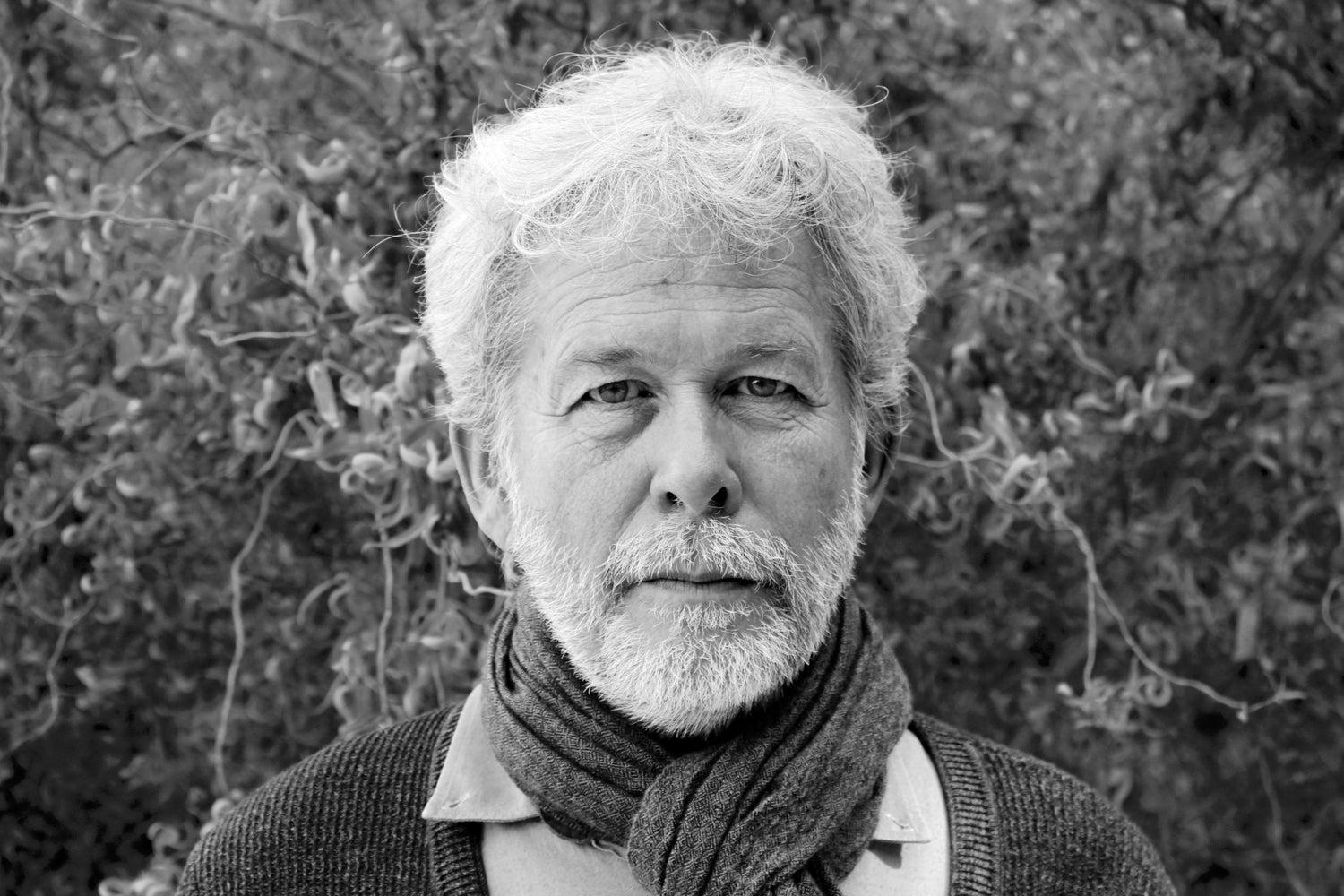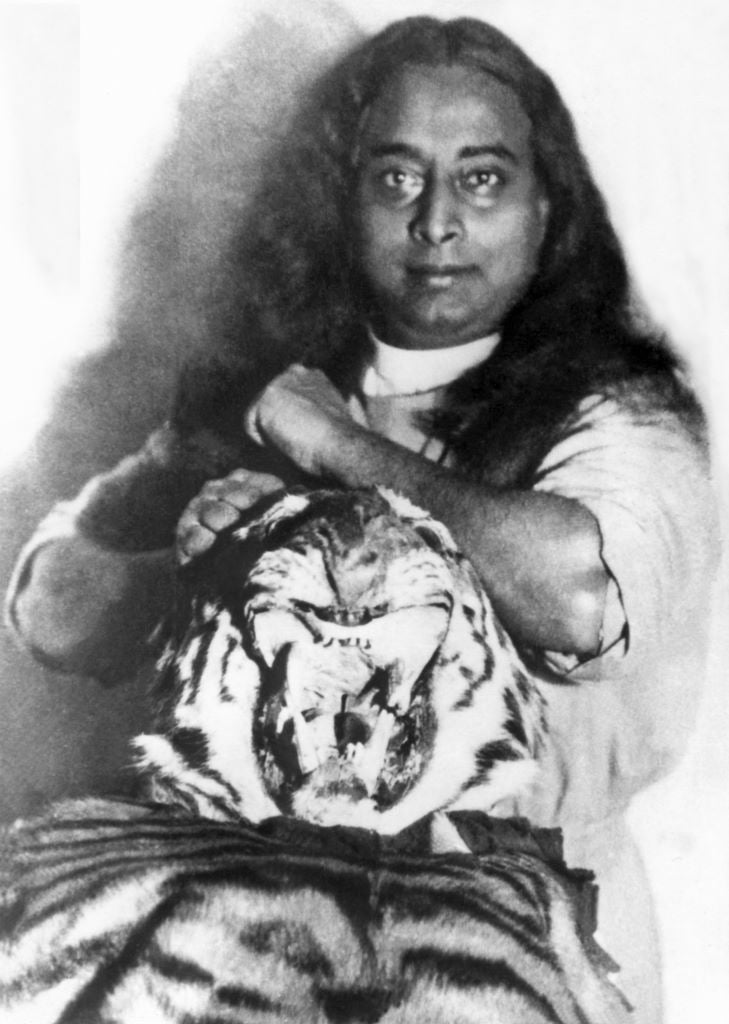"Adam and his wife were both naked, and they felt no shame."
—GENESIS 2:25 (New International Version)
I’ve sometimes wondered whether it is shame that prevents us from being our best self. After all, living up to our highest potential entails the responsibility of dignity.
Years ago, I was part of a small group driving from Ananda Village, in the forests of Nevada County, to San Francisco. It was a long journey, so we stopped at a restaurant along the road for lunch. My friend, a young teenage girl who sat next
to me, was the first to receive her order. It was a beautiful and delicious plate of spaghetti.
The other orders arrived, and we were ready to bless the food and start eating. Just then I heard a shriek of alarm next to me: “Oh my God, I can’t believe I finished my plate in two seconds. You all haven’t even started yet!”
I looked at my friend. She was blushing intensely and trying to cover her face with her hands. Her whole demeanor expressed intense embarrassment. In short, she was exhibiting all the terrible symptoms of shame.
Everyone tried to comfort her. I myself would have been the last person to judge someone for compulsive eating. At the same time, I could very easily understand the discomfort she was experiencing. What a hellish emotion shame can be!
In my early twenties, my own immature ego often suffered from stage fright, chronic insecurity, trembling hands, and episodes of sweating. For my fragile ego’s presumed social failings and deficiencies at that time, shame was a regular companion.
In marked contrast to my social insecurities, and more deeply felt, my search for truth remained strong. I longed for something real in life but did not intentionally speak about this feeling with anyone. On occasion, however, my truth-seeking sentiments did filter into conversations among friends and acquaintances. If they reacted negatively to an earnest idea that fell outside their frame of reference for “normalcy,” their opinions did not affect me.
Finally, help came. An old schoolmate of mine took me to visit a friend who lived on a houseboat in Amsterdam. A picture on the wall drew my attention. It was a black-and-white photograph of an oriental man with long hair. His eyes looked at me, piercingly and lovingly.
“Who is that?” I asked.
“That’s Yogananda, of the Christ consciousness,” my friend answered matter-of-factly.
I already knew somehow that yoga and meditation would become essential parts of my lifestyle. But now the Jesus whom I had loved as a little boy came back after a long journey out of my sight, to join hands with this magnetic figure whose picture looked at me so lovingly.
A few weeks later I visited that houseboat again, magnetically drawn by Yogananda’s picture. The inhabitant, a practitioner of yoga and meditation, offered to guide me in a visualization.
“Lie down,” he said. “Focus on the presence of Paramhansa Yogananda and listen for his voice.” After a few more instructions, he lay down himself and began listening to my voice as I acted out a dialogue between me and the Master whom
I had already recognized as my Guru.
Master’s eyes spoke of his deep, unconditional love for me. Every time a thought arose of something that I felt bad about, I told Master and he counteracted that thought with an expression of his love. The conversation went on for quite
a while. At the end of the dialogue, my friend and I could sense the light and energy that had filled the room.
After that experience, I felt better about myself. Some inner wounds had healed permanently. A process of self-acceptance had been triggered.
Over time, with each perusal of Yogananda’s Autobiography of a Yogi, impressions of Master grew inside of me like a lotus blossom. For instance, I came to appreciate ever more deeply the complete honesty with which he described his own moments of discomfort during his first public lecture on a ship sailing from India to the United States. His ordeal concerned his use of the English language; at that time, he felt that he had not yet mastered it to a point where he could give public lectures. There he stood, a Hindu with a turban, in front of his American fellow passengers:
No eloquence rose to my lips. Speechlessly I stood before the assemblage.
After an endurance contest lasting ten minutes, the audience realized my predicament and began to laugh.
The situation was not funny for me at the moment. Indignantly I sent a silent prayer to Master [Sri Yukteswar].
“You can! Speak!” His voice resounded instantly within my consciousness.
It seemed to me that what saved Yogananda during those difficult ten minutes was his faith in his Guru and his innate sense of dignity. I gradually came to realize that the love that was given to my very young self, during that special occasion with my friend on the houseboat, was really part of a much bigger picture in which self-acceptance and dignity played very important roles.
One’s sense of dignity and self-acceptance needs to be
maintained even under the most trying of circumstances.
This requires practicing both when it’s easy and when it may
not be such an easy strategy, but as Yogananda would have
said, it is certainly a victorious one.
For perhaps the root cause of shame lies within a deep
layer of human nature. Didn’t this all start with those poor,
confused first ancestors of ours?
We all know the story: The snake convinces Eve to eat
from the forbidden tree and she, in turn, tempts her partner
to do the same. Then, as the story goes, God expelled them
from Paradise.
But we can also look at it differently and ask: Who expelled whom?
The Bible says:
And they heard the voice of the Lord God walking in the garden in the cool of the day; and Adam and his wife hid themselves from the presence of the Lord God amongst the trees of the garden . . . and Adam said to the Lord: “I heard thy voice in the garden and I was afraid, because I was naked; and I hid myself.” (Genesis 3:8)
Until then the couple’s paradise had been their closeness to God, who had created them in His own image and thus had conceived them as free to stay connected with His bliss, or to fall to lesser states of consciousness.
In spite of their transgression, if Adam and Eve had chosen to run back to God—naked, vulnerable, and unashamed—to tell Him what they had done, would He have rejected them? How could He? Didn’t their nakedness make them once more a part of His own blissful Self?
Alas, they expelled Him from their consciousness, because from the position of their egos, they were ashamed.
Let us resist shame then by practicing calm self-acceptance. Let us offer ourselves unreservedly, unapologetically into God’s caring embrace and Love. God himself tells us, through Krishna’s mouth:
But if in this [your spiritual efforts] thy faint heart fails, bring me thy failure!*
--Excerpt from Awakening the Natural Love of the Heart by Darshan Jan Lotchius





1 comment
Sherry
Namaste Darshan
Already a captivating article! Can’t wait to read your book.🙏
Leave a comment
This site is protected by hCaptcha and the hCaptcha Privacy Policy and Terms of Service apply.